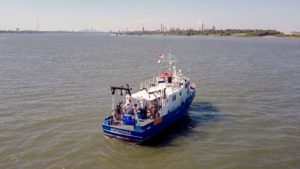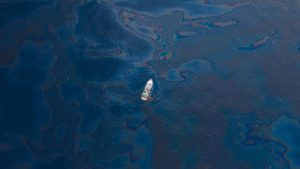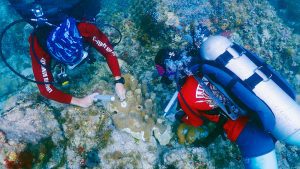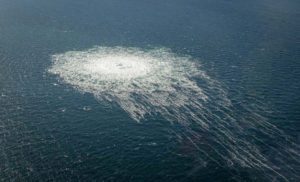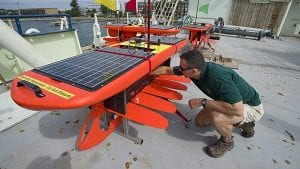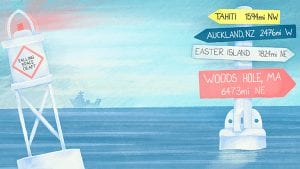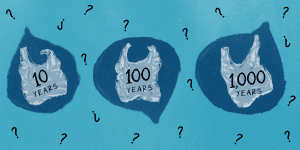Research Highlights
Oceanus Magazine
Danielle Haas Freeman draws on the language of chemistry to solve an oil spill puzzle
News Releases
WHOI Senior Scientist Scott Doney has been awarded the 2013 A.G. Huntsman Award for Excellence in Marine Science. He will receive the award later this year at the Bedford Institute of Oceanography in Dartmouth, Nova Scotia. Since 1980, the Royal…
Scientists have discovered a vast plume of iron and other micronutrients more than 1,000 km long billowing from hydrothermal vents in the South Atlantic Ocean. The finding, published online Aug. 18 in the journal Nature Geoscience, calls past estimates of…
Ten science reporters, writers, and multimedia journalists from the U.S., Canada, and India have been selected to participate in the competitive Woods Hole Oceanographic Institution (WHOI) Ocean Science Journalism Fellowship program. The program takes place September 8-13, 2013, in Woods…
Corals may let certain bacteria get under its skin, according to a new study by researchers at Woods Hole Oceanographic Institution (WHOI) and King Abdullah University of Science and Technology (KAUST) and soon to be published in the journal Applied…
Scientists have discovered a diverse multitude of microbes colonizing and thriving on flecks of plastic that have polluted the oceans—a vast new human-made flotilla of microbial communities that they have dubbed the “plastisphere.” In a study recently published online in…

